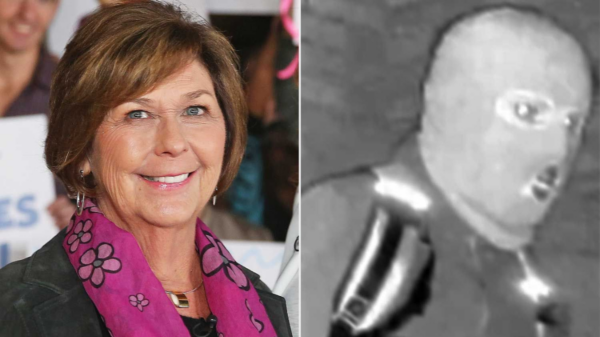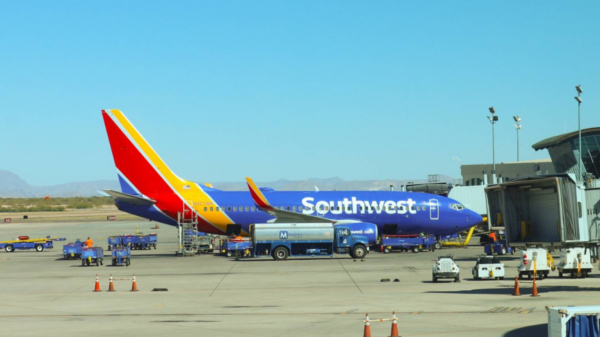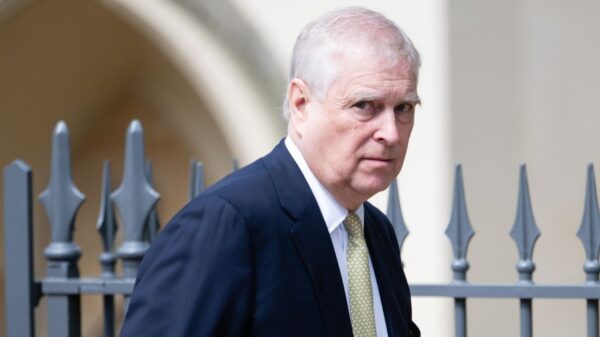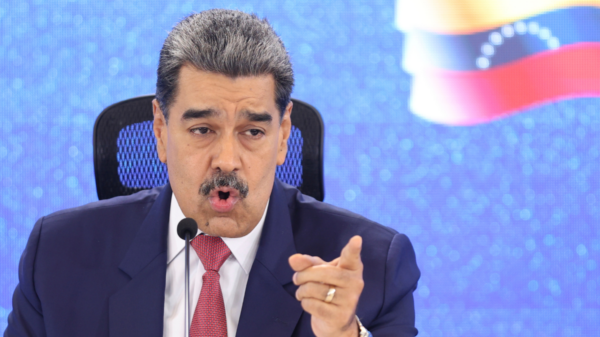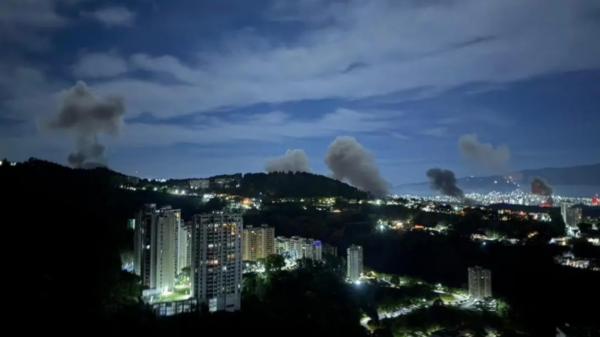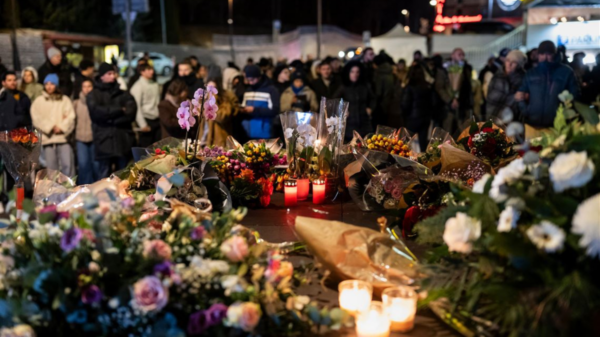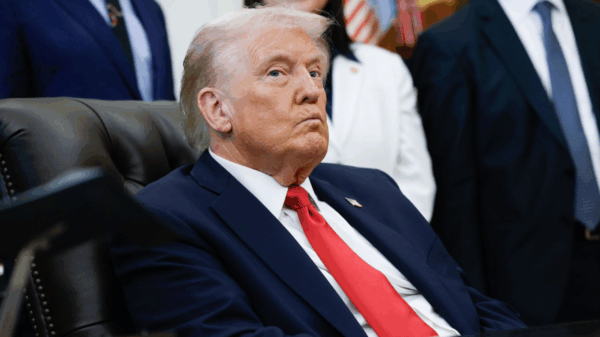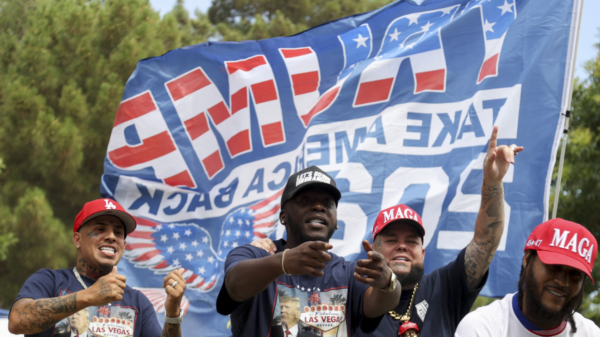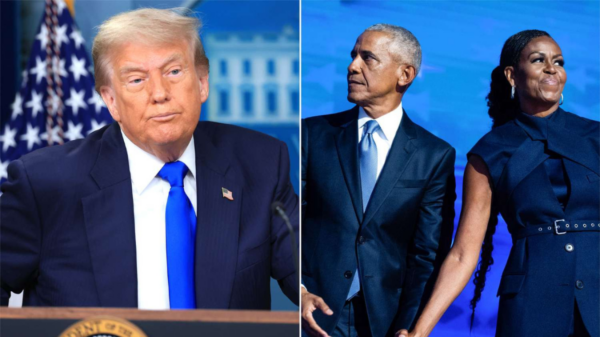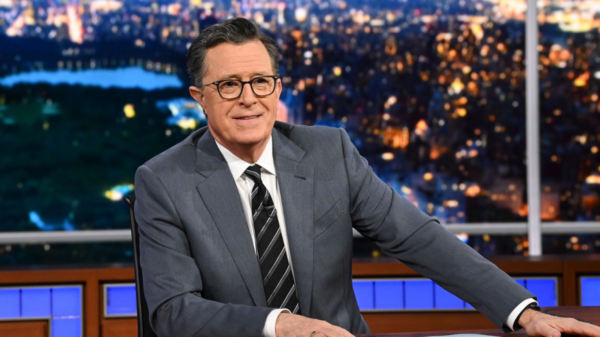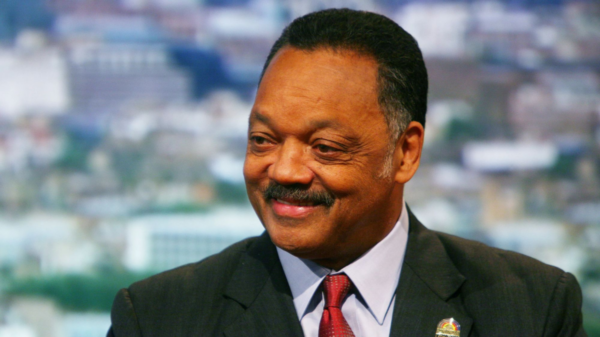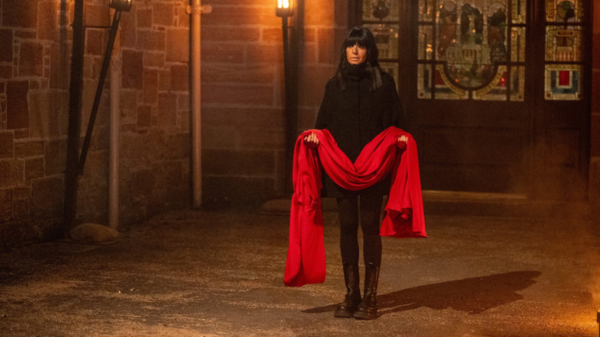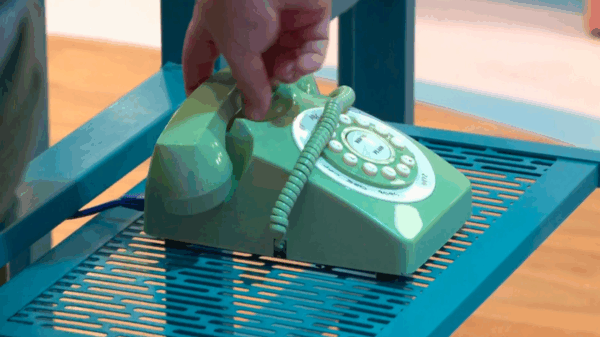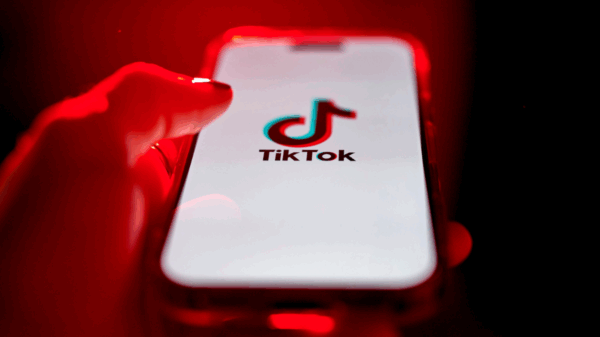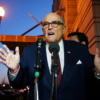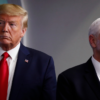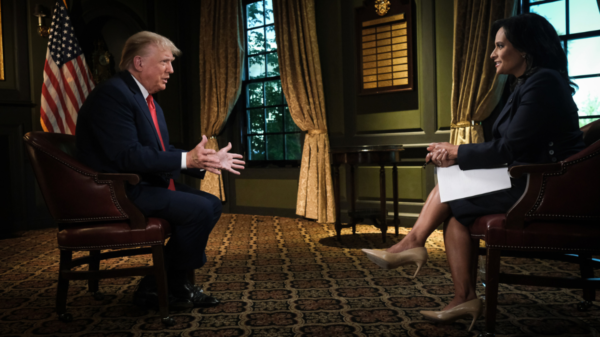The pandemic has introduced several unusual challenges — from remote learning and NBA “bubbles” to virtual graduations and socially distanced Real Housewives reunions.
More importantly, COVID-19 has highlighted our vulnerabilities as a nation and the many things we take for granted. Among them are election workers, 58% of whom were 61 years or older in 2018, an age group that is at greater risk of complications due to COVID-19, and most commonly women.
So it seems that Gen Z has been given a unique opportunity to save the (election) day. Although not invincible, young and otherwise healthy people typically fall into the low-risk category for COVID, making many of them ideal candidates for poll workers.
For Sebastian Leder Macek, 22, who graduated from the University of Michigan last spring, the timing was perfect.
“My job has been delayed, so I don’t have a ton I need to do at that time,” Leder Macek said. “But the broader, sort of ideal reasons why I want to do it is mainly because I do think this is going to be a very fraught election. I think there’s going to be a lot of logistical problems.”
Poll worker shortages lead to long lines, delays and closures, which can prevent people from casting their ballots. Voters shouldn’t be held up at their polling place due to technical difficulties, as seen in Georgia last June.
And when the early voting period began in Chicago, residents waited in line for hours as rain poured on the city’s streets. These aren’t inspiring stories of our democracy’s resilience.
This is blatant voter suppression.
Early voting is already underway in many states, but there’s still time to apply and become an election worker. Places like Philadelphia, who generally require approximately 8,500 election workers on election day, are navigating a critical shortage, which may soon result in polling place closures.
Milwaukee was also hit hard by the pandemic, nearly eliminating an unprecedented 175 polling places. However, after a surge of applicants, the city hopes to keep 173 polling places open—only seven shy of the norm. The state now estimates a shortage of about 180 election workers.
Specifications for election workers may vary by county and state, so it’s important to check websites like eac.gov to learn more information, like hours, compensation and other requirements.
In response to the poll worker shortage, some counties in Illinois chose to raise their wages ahead of Election Day. DuPage County poll workers will receive $260 for working on Election Day and $20 per hour during the early voting period, which began on Sept. 24.
Chicago and Cook County followed suit. The city raised their Election Day wage from $170 to $230 while the county agreed to pay election judges $200 for working the polls on Election Day and $150 daily during early voting.
In September, Old Navy agreed to pay their employees a full day’s wage for working the polls. Other companies like Target and Warby Parker offered similar incentives.
Poll worker shortages are nothing new, though. Even before the pandemic, election authorities had a hard time maintaining an adequate number of volunteers.
Lorie Martinez, a former teacher, began working the polls in McHenry County, Illinois in 2018
and was keenly aware of the poll worker shortage during the March primary, feeling the absence of fellow workers.
“We probably had less than a half of what we should have,” Martinez said. “People canceled because of COVID.”
Approximately 24 million Gen Zers are eligible to vote this upcoming election and even more are able to participate in other meaningful ways, like volunteering to work the polls.
This is a chaotic, frightening and frankly dystopian time we’re all living in together. We’re fighting to preserve and protect each other, our planet and our futures, and we wonder what comes next.
Many of us Gen Zers imagine the stories we’ll tell someday in vivid and broad detail. Perhaps one of them can be about the time we supported our community by becoming an election worker.
So if you’re willing and able, mask up, sign up and work those polls.


